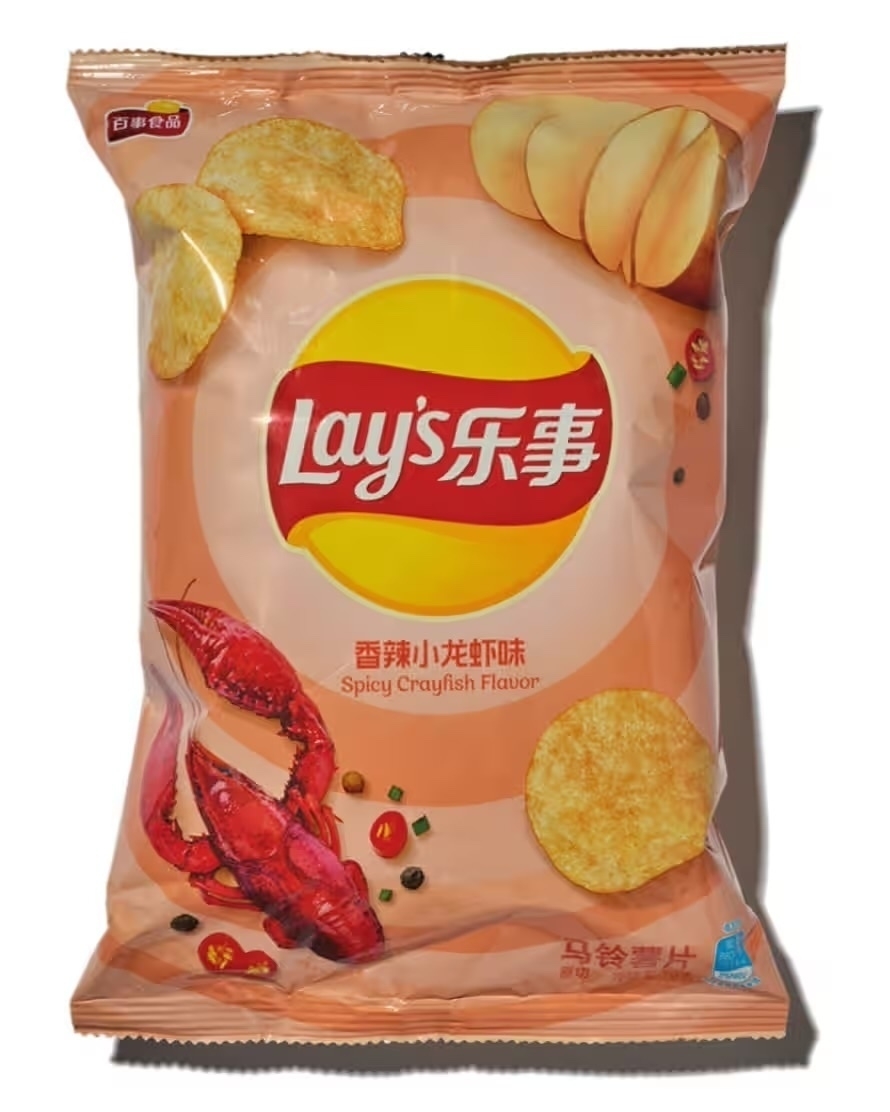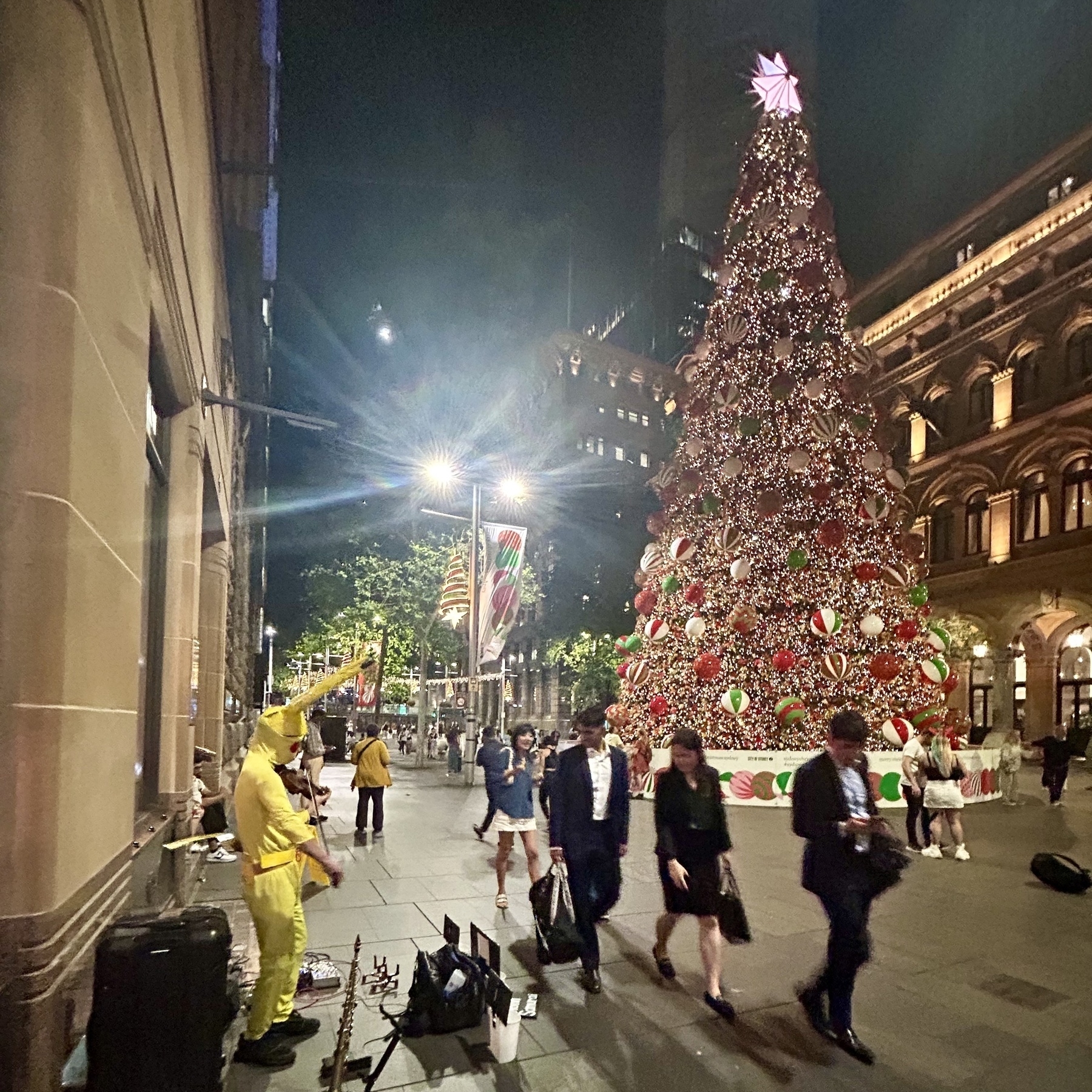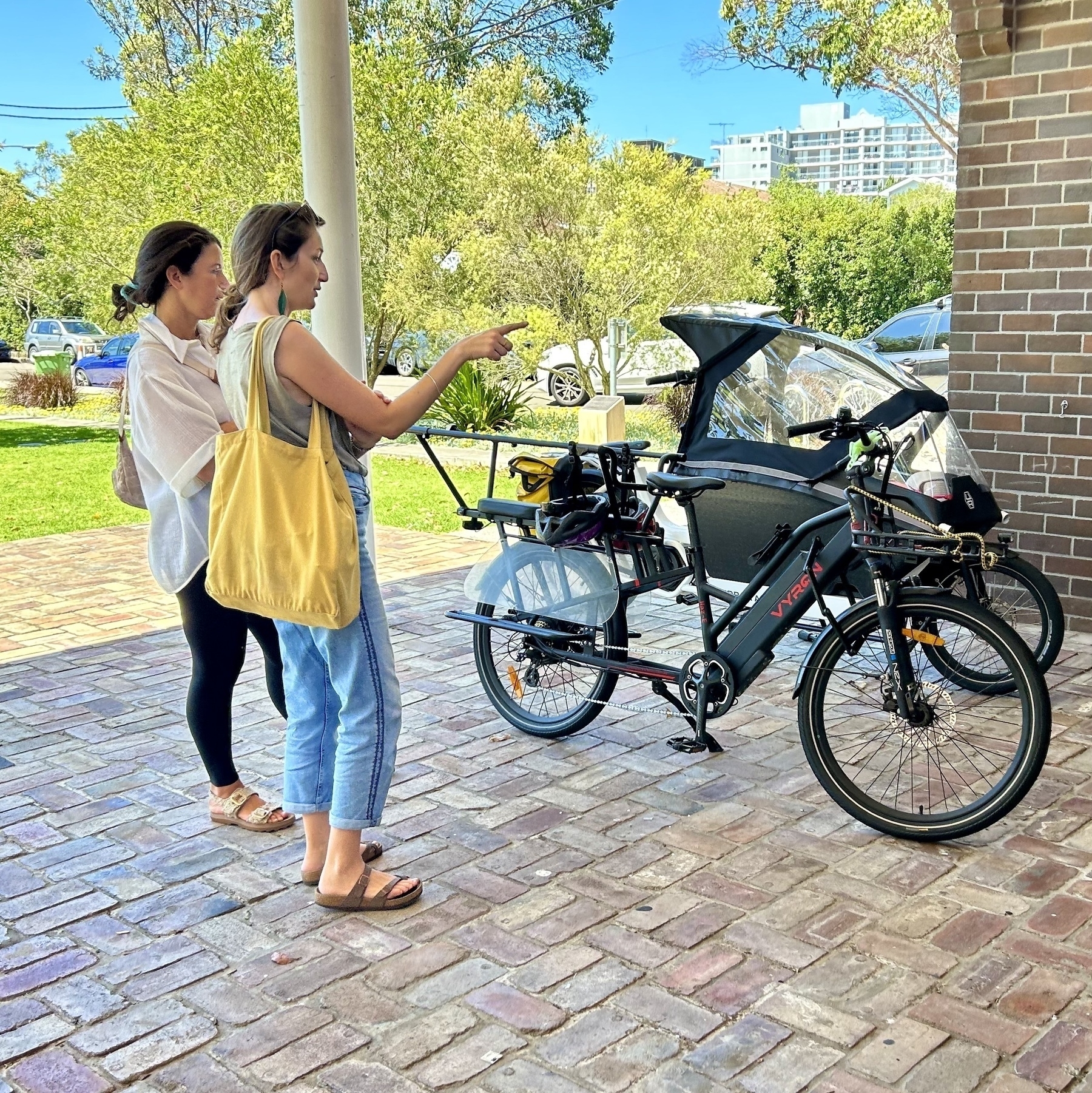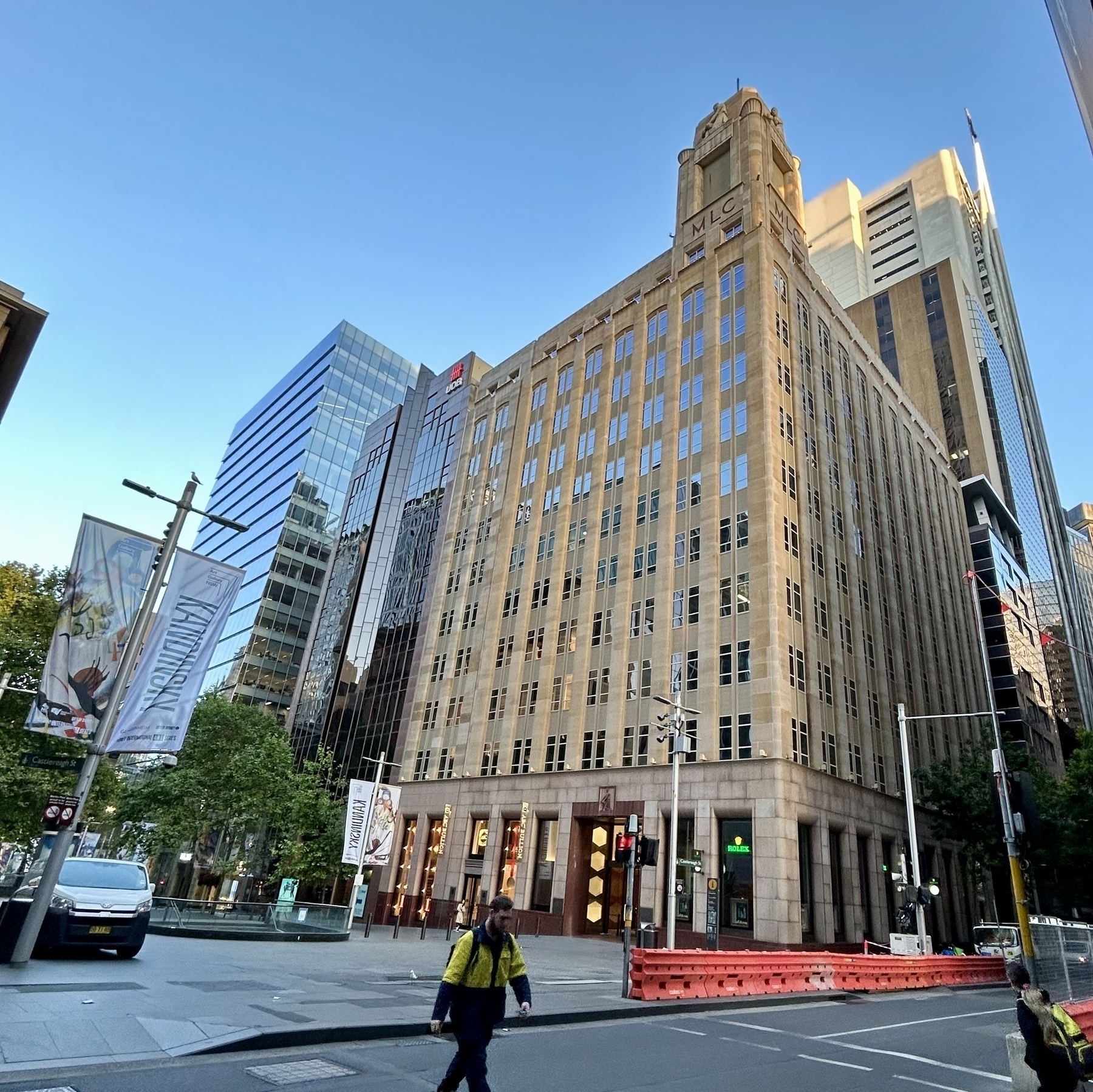"I also saw non-white colleagues who were senior to me get passed up for promotions. I could no longer take DEI efforts seriously and realized that academia didn’t fit my values."
It makes me sad that the academy has been so hostile, racist and sexist to these people, because we need them. It’s good to see that they’re flourishing though, and a reminder that careers can take many directions.
“The job isn’t what it was,” says Kelsky. She says the story used to be, “I can’t get an academic job, so I have to leave academia.” Now, academics — including established ones walking away from tenure — think, “I have a job and have to leave because I can’t stand it.”
The elephant in the room is that universities will be under increasing over the next fifty years and many, if not most, will fold. I worry about the human toll this will have.
How five researchers fared after their ‘great resignation’ from academia - Nature
Fifteen Years of Equality? Disability in Australia after the UN Convention of the Rights of Persons with Disabilities

Fighting against the segregation of people with disabilities, giving a more meaningful voice to people with disabilities, and making sure the NDIS doesn’t become a (more) broken funding model. These were some of the issues discussed during a fascinating panel discussion last night that was organised by the UNSW Disability Innovation Institute to mark the International Day of People with Disability.
The discussion explored what progress has been made in the fifteen years since the adoption of the UN Convention of the Rights of Persons with Disabilities – or lack thereof. The panel included June Riemer, Dr Alastair McEwin, Rosemary Kayess, Fiona Mckenzie and Prof Julian Trollor, and was facilitated by Nas Campanella.
The CPRD played a major role in shifting the perception of people with disabilities from the subjects of medical treatment and charity, to full members of society with human rights.
One of the strongest themes from the discussion was the need to normalise and support people with disabilities to participate in all aspects of life and to end segregation. The content of the Convention remains relevant – and a lot of it remains unrealised:
The purpose of the present Convention is to promote, protect and ensure the full and equal enjoyment of all human rights and fundamental freedoms by all persons with disabilities, and to promote respect for their inherent dignity.
UN Convention on the Rights of Persons with Disabilities (CRPD) Article 1
As the incoming Disability Discrimination Commissioner Rosemary Kayess summarised, “we’ve got to stop focusing on the diagnosis and start focusing on the processes to support people to participate… Let’s stop with the catchphrases and talk about disability like grown-ups.”



Protecting Indigenous Designs From the Fashion Machine
“We were not legally allowed to practise our culture,” says Paul, who is an urban Denesuliné woman and a member of English River First Nation. “So, historically, people were making money off our culture that we were not allowed to practise.” Stolen designs may also feature ceremonial images and iconography, she says, which are then taken out of context when presented in isolation by a brand.
The hurt felt by affected communities goes deep—this unrooted representation of Indigenous peoples and Native cultures can lead to harmful stereotypes, which are then used to justify further oppression, mistreatment, and violence.
Protecting Indigenous Designs From the Fashion Machine - Atmos
Rozelle Interchange, another planning failure we're kicking down the road
My colleague Chris Standen on the Rozelle interchange:
Christopher Standen, an urban transport and planning expert with the University of NSW, said the interchange was emblematic of poor infrastructure planning in Australia.
“It was always clear that it would be a disaster for Sydney and that’s played out,” he said.
“There were votes to be had in making it easier for people in outer suburbs to drive into the city, even though that’s not a great thing from an urban planning perspective.
“The last thing we should be doing is building roads that encourage people to drive more and to move further away from work, so encouraging urban sprawl and low-density development.”
Rozelle Interchange design issues will be a problem for Sydney’s future, experts say - ABC
"My campus experience happened off-campus while working in a part-time job"
A useful discussion about how depictions of college have almost no relationship to reality, drawing on Land’s new memoir “Class”:
Stephanie Land didn’t know about office hours. She saw them listed on every syllabus during her undergraduate years at the University of Montana, but she didn’t know they were dedicated blocks of time where students could develop mentorships with their instructors, ask for clarity about curriculum, or inquire about scholarships and recommendation letters. She understood that networking was part of “the college experience,” but she assumed those opportunities were reserved for graduate students or an elite cohort of especially gifted undergrads. “I had no idea that as an Algebra 1 student, I could go to my instructor’s office during this hour and ask them questions about the assignment,” Land said. She considers office hours part of the “hidden curriculum” of academic jargon and social codes that excluded students like herself: a decade older than most of her peers and working multiple jobs to support her daughter.
"If you were to simplify how the globe looks through the eyes of a potato crisp, the whole thing is divided down the middle – and one side is labelled “cheese” and the other “fish”"
The fascinating world of chip flavours:
Crucially, however, the expectations of what lasagne should taste like are not as high for a Thai consumer as an Italian. After all, there’s a reason we don’t eat shepherd’s pie crisps. “An Italian would think: how can a crisp taste of authentic mother’s lasagne?” Wade says. Peggy puts it another way: “They’d just think it was horrendous if you put something like lasagne on a potato chip!”
Bizarrely, it seems as though flavour houses take internal walls more seriously than major consulting firms:
In fact, the seasoning house is strictly siloed to guarantee exclusivity. Reuben’s team work on the Pringles account; the team making flavours for PepsiCo is in an entirely different country. “So the recipe, if you will, of the Pringles salt and vinegar can’t be seen by the other team,” Reuben says.

Apple warned Indian journalists and opposition politicians last month that their phones had likely been hacked by a state-sponsored attacker
journalist Anand Mangnale woke to find a disturbing notification from Apple on his mobile phone: “State-sponsored attackers may be targeting your iPhone.” He was one of at least a dozen journalists and Indian opposition politicians who said they had received the same message. “These attackers are likely targeting you individually because of who you are and what you do,” the warning read. “While it’s possible this is a false alarm, please take it seriously.”
Universities are struggling to protect staff from stalking and online harassment
But today, a cadre of academics is now aiming to strengthen the much smaller body of research that exists around faculty who experience stalking and abuse. Victoria O’Meara, a post-doctoral research fellow at Royal Roads University, has been interviewing scholars in the US and Canada for a study on online abuse of faculty. She told me there has been “an increasingly organized attack on academia,” and scholars have told her their universities remain ill-equipped to respond to it or support faculty, let alone to protect them.
The contemporary hunt for hidden messages in film
We retreat into private enclaves, indulging our personal preferences without worrying about what the things we enjoy signify for society writ large. This condition has been especially painful for self-conscious critics, who simply can’t bring themselves to take sides in debates about modernism v. mass culture or Barbie v. Oppenheimer.
I don’t know if this is real or if it’s a beat-up. Either way it’s wild.
Anti-vaxxers are winning local elections across Western Australia
“The appeal of local governments, Harris argued, is that they allow insurgent groups like Stand Up Now Australia to subvert the party-entrenched higher levels of government. He said that he believed his group was tapping into an anti-institutional sentiment that is widely felt, even bragging about having recently received words of support during a phone call with former Liberal Party federal president and campaign director Brian Loughnane. "
Anti-vaxxers are winning local elections across Western Australia - Crikey
CSIRO accused of not disclosing BP input into scientific reports
According to internal documents, the CSIRO reports were eventually published in scientific journals and were used in BP’s legal defence, but first vetted by BP’s lawyers.
“Within at least one of these documents, we have identified nine studies with CSIRO employees listed as either the primary or co-authors – wherein BP’s involvement was either undisclosed or insufficiently disclosed"
CSIRO accused of allowing BP to vet research on catastrophic oil spill






